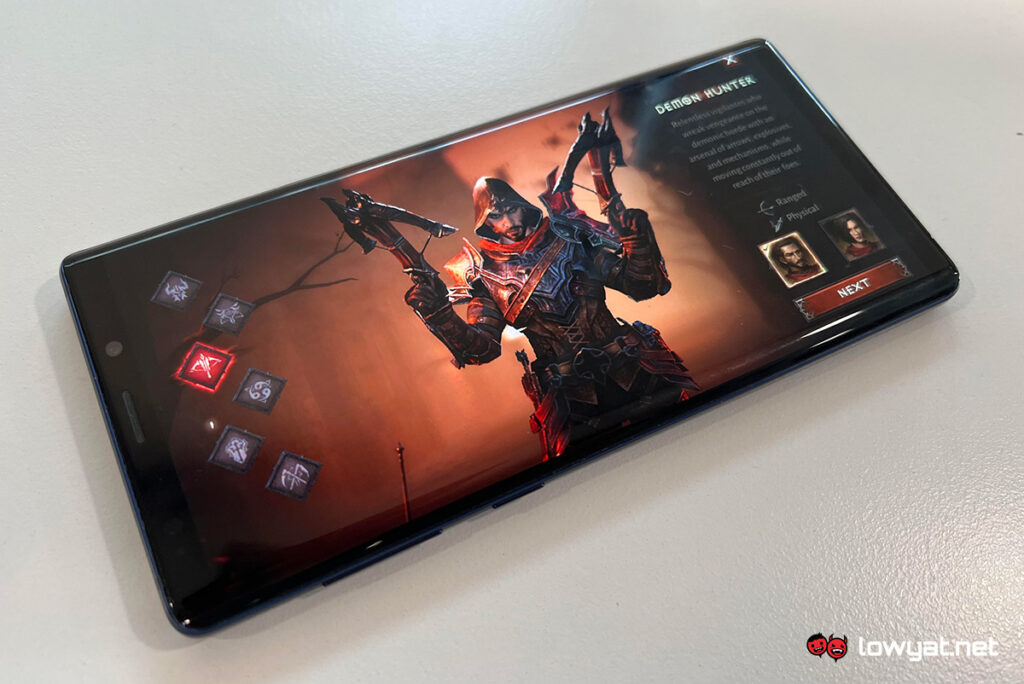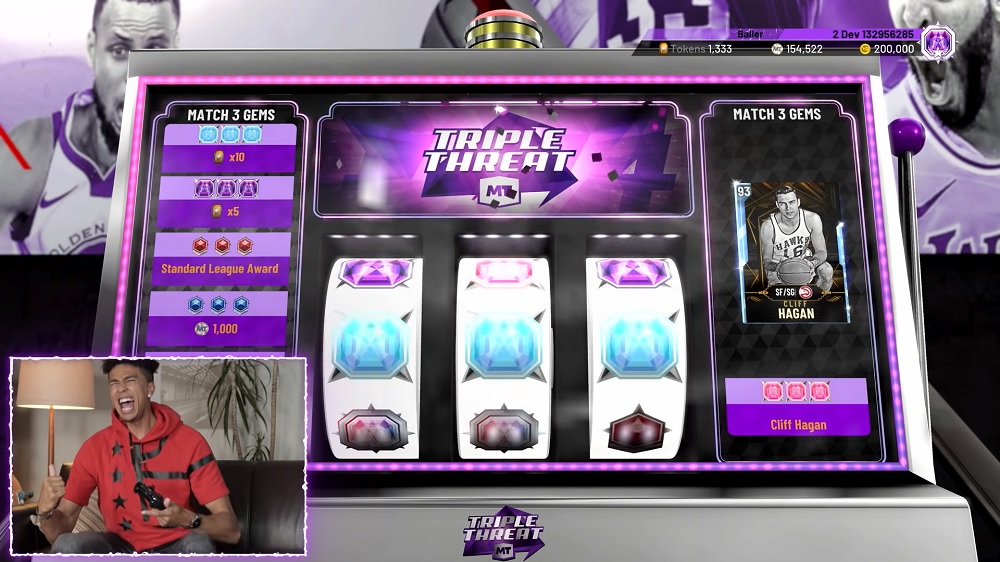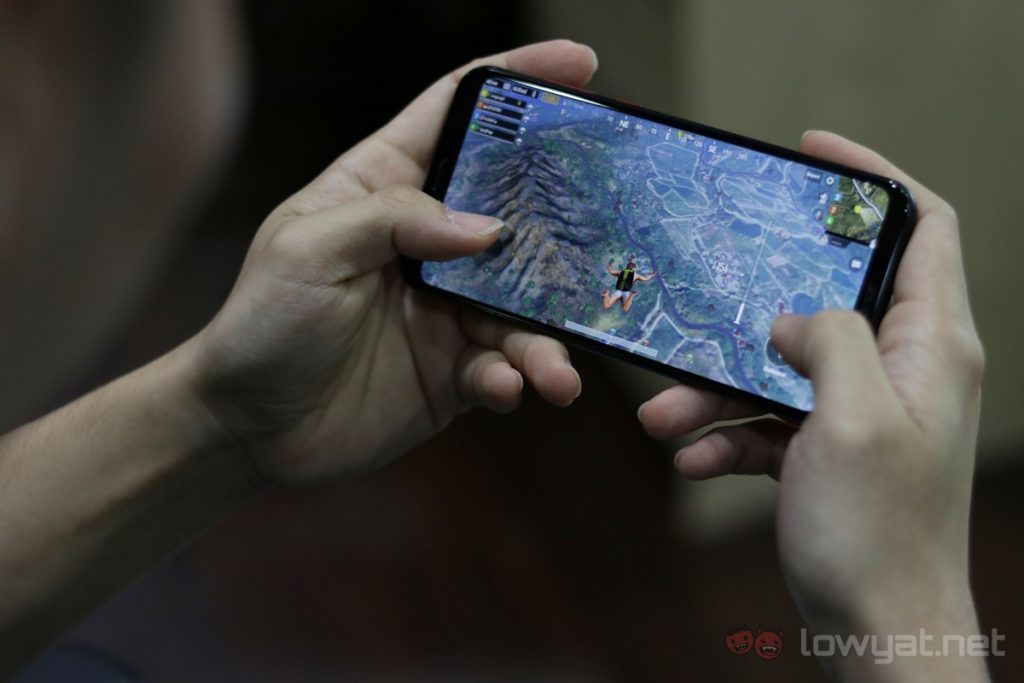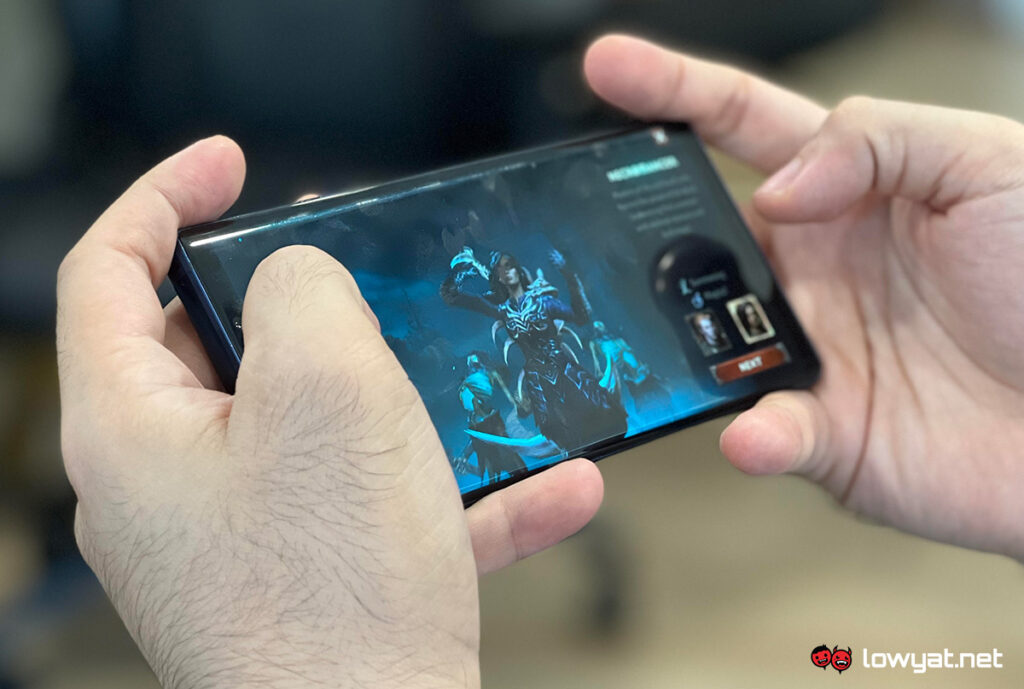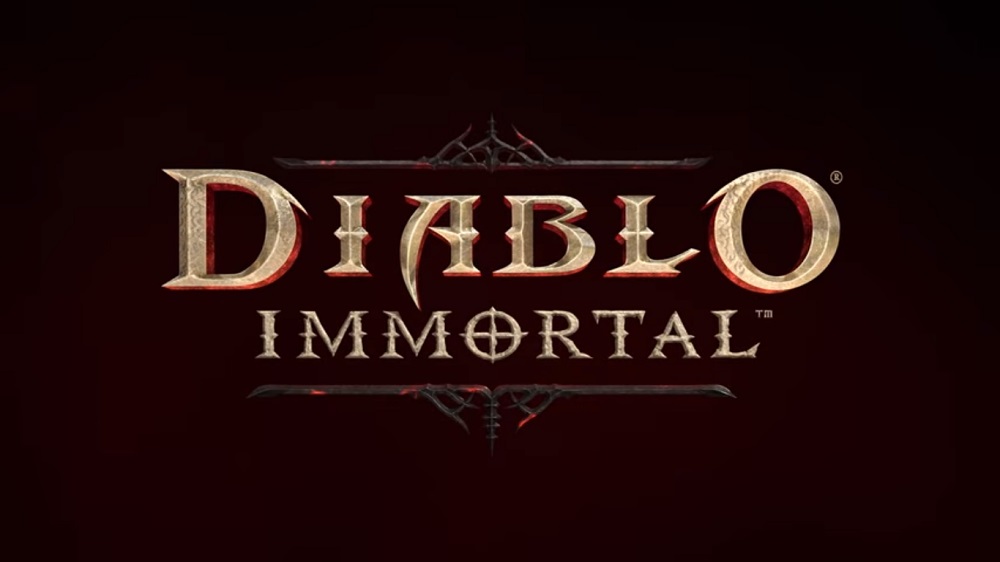This should come as a surprise to no one, and probably least of all to Blizzard. After all, a single glance at the mobile and F2P gaming space would’ve highlighted as much. There have been so many other games like it out there, even including some premium live service titles, and they’ve all been slammed to some degree or another. For a company to still bullishly plough ahead using strategies that are tried and tested to fail, despite the countless warning signs and case studies, it can only be a calculated move. Unless, of course, the goal was never to make a fun game that gamers could enjoy, but to make a “game” to whale, to extract money. Especially in Asian markets where it’s more of a norm than the western AAA standards of old. Then F2P games like Diablo Immortal have far from failed. In fact, they have succeeded in spades.
Which got me thinking, what if mobile and F2P games were not made for gamers to begin with? What if, rather than gamers, these “games” were made for content creators? For YouTubers and streamers of all platforms?
High Spectacle
Because when you think about it, these titles are usually about as much fun watching as they are playing. Sometimes, it’s actually more fun watching someone play some of these games than it is to play it yourself. Since while it has a passable game underneath all that monetisation, it’s better to see someone else suffer through all the non-gameplay nonsense than to do so personally. Science has shown that, despite all the negatives gambling can lead to, people still do it for the high that the burst of dopamine induces. But even if you’re not a gambler yourself, you may have experienced something similar when you watch someone else gamble. And it’s always a huge spectacle when a win occurs. It’s not just gambling either. Watching others play battle royale games, for instance, induces a lot of the same kind of excitement as when you play such a game yourself. In fact, you may actually feel the moment-to-moment emotions more, since you’re not focusing on staying alive. You feel the tension of every close call, every near miss, every clutch play, more intensely when you watch, because you can afford to be distracted by them. You can also be a jerk and indulge in backseat gaming too while you’re at it. Or, if you’re so inclined, you’d play the game yourself because you feel you can do better than what you’ve just seen. Maybe even good enough to participate in a tourney or two yourself. But either way, I digress.
My point is, there’s just as big a market for games that are meant to be spectated as there are actual games made to be played. And for the spectacle market, a content creator dumping a fat wad of cash into an in-game store in the hopes of getting something rare is as much a crowd pleaser as them being the last person standing in a 100-man free-for-all. Incidentally, this is also why many high-profile streamers have declared that Halo Infinite will die without a battle royale. Because to a streamer, the number of people playing a game is not as important as the number of people watching them play the game. I don’t have to tell you why they’re wrong, because YouTuber The Act Man has already done so very well. But once again, I digress.
Schadenfreude
In addition to the spectacle of it, there’s another reason why it’s so fun watching others gamble, be it in an actual casino game or the gacha / loot box hellscape. And it’s probably the best known German word to all non-Germans – schadenfreude. If you’re unfamiliar with the meaning of the word, it’s the pleasure derived from another’s misfortune or suffering. Because as exciting as it is to see someone else win big instead of yourself, there’s also the oddly satisfying feeling of watching someone that’s not you bomb big time. There’s just something about seeing two streamers blow through US$1000 – in 10 minutes – in a race to get a Genshin Impact banner character maxed out that feels like a guilty pleasure. Like a more financial – maybe even literal – version of The Biggest Loser. And while it’s not as pure a feeling as simple excitement, it’s still one that draws eyeballs. Which means more income to fuel the vicious cycle. Alternatively, it’s to see someone spend an unnecessary amount of money in a F2P but pay-to-win title, who proceeds to grief unsuspecting victims. It’s a different kind of schadenfreude, but it feels just the same in its sick:satisfying ratio. Naturally, you won’t feel the same if you’re on the receiving end in a PvP P2W game like Diablo Immortal. But as we’ve hopefully established, that’s not the point.
Low Value
If nothing else, then it’s a valuable cautionary tale about spending an obscene amount of money on something that will no longer matter in a matter of months. In other words, learning from another’s mistake. Except, is it really a mistake if a poor decision was made deliberately? Probably not, especially when the “game” beneath all the monetary mechanisms are bare-bones, or worse, self-playing. Which are more common now than ever before, with “idle games” being an actual genre despite the two words having the completely opposite meanings. When you have “games” of such low quality, then all there is to it is the excitement or schadenfreude when a big time streamer scores big in a gamble, or wastes a big amount of money on basically nothing.
Granted, Diablo Immortal isn’t that. For those who love the formula, it’s a great game. Which makes it an even greater shame that not only is the good gameplay marred with such unnecessarily aggressive monetisation, but also the fact that the monetisation hinders said gameplay. When getting an endgame build for a single character takes so long, or so much money, something is clearly wrong somewhere. To conclude, I say again that “games” of the F2P and mobile variety, especially those with more monetisation than gameplay, are not made for gamers. Instead, they are made for content creators like streamers where the monetisation system is the game. This generates hype, which then creates a vicious cycle of the content creator dumping money into the monetisation mechanic, fans paying them with donations or subscriptions because they like what they see, and the money going back into the monetisation scheme. At that point, it doesn’t even matter if it’s for the excitement or schadenfreude. If any viewers “advance” to the next phase of dumping money into the “game” themselves, then the developers behind the “game” have just scored themselves a bonus. But the thing that pays their monthly bills are no doubt the content creators. And on that bombshell…
